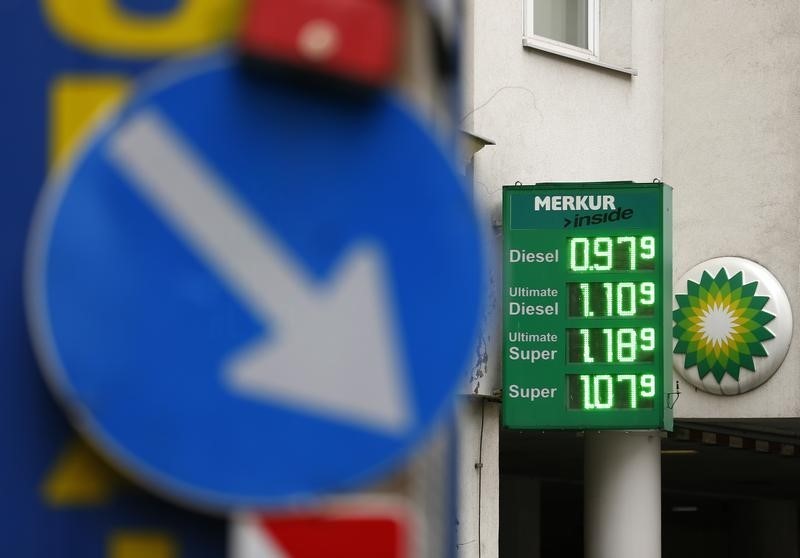Investing.com — BP (NYSE:BP)’s numbers are not meeting expectations set under the company’s “re-imagining energy” strategy introduced in 2020, according to Barclays (LON:BARC) analysts.
The energy giant, aiming to transition into an Integrated Energy Company (IEC), has fallen short on cash delivery, cost control, and returns from significant low-carbon investments.
“2025 will mark five years since BP set out its “re-imagining energy” strategy and, put simply, BP is not delivering the numbers that we expected it to,” analysts led by Lydia Rainforth said.
Barclays highlighted that BP’s cost base has surged, with cash costs reaching $41.8 billion in 2023, a figure $9.2 billion higher than in 2019. This has cast doubt on the company’s earlier goal of achieving $2 billion in savings.
Although BP aims to cut another $2 billion by 2026, analysts cautioned that tangible progress remains elusive. Additionally, BP’s recent acquisitions, including TravelCenters (NASDAQ:TA) of America and biogas firm Archaea, have yet to provide sufficient returns.
“In theory, BP has grown the business by adding TravelCenters of America and Archaea, but it is far from clear that these have really been “good costs” added, and the cost base in the past two years has reached its highest level since 2011/2012,” analysts explained.
Moreover, BP’s low-carbon investments, amounting to $16 billion over recent years, have yet to yield the anticipated growth in cash flow. Barclays emphasized the need for BP to shift focus from “origination” to delivery, stating that these assets must start generating tangible returns to bridge the $2 billion cash flow gap compared to its original 2025 plan.
“The cash jaws need to start to widen substantially,” the note stressed.
The energy giant’s upstream business also faces challenges. Despite positive signals such as potential growth in Argentina through its Pan American Energy stake, overall upstream margins have not improved as planned.
CEO Murray Auchincloss acknowledged that oil demand has surpassed expectations, potentially leading to a revised 2030 production target, yet this comes with the need for increased discipline in capital allocation.
Despite challenges, Barclays maintains its Overweight rating on BP stock, citing undervaluation compared to peers. The company’s shares trade at a 15–18% free cash flow yield for 2024/2025, a 7% discount to European competitors. However, significant improvement in operational execution is needed to regain investor confidence.
“Going forward, if BP could cut its low-carbon capex, focus on improving its existing portfolio through the group’s integrated business model, and demonstrate tangible returns, the shares could re-rate, in our view, especially given the relative underperformance year to date,” analysts noted.
“BP needs to be simpler and more focused in order to deliver higher value.”



